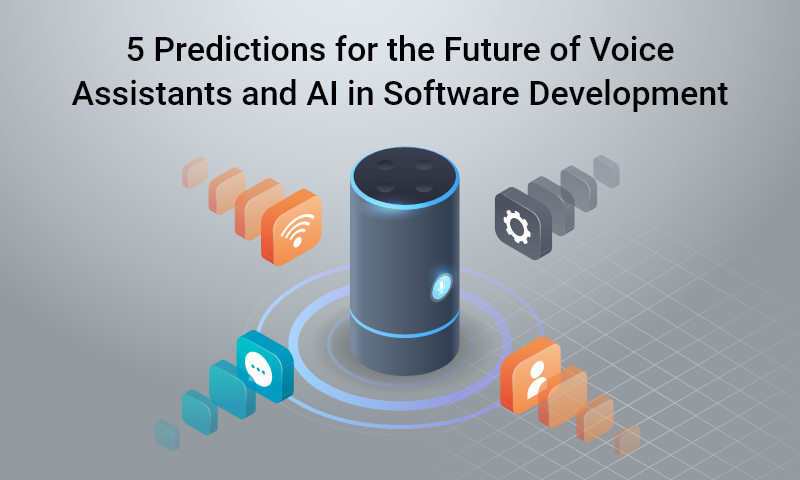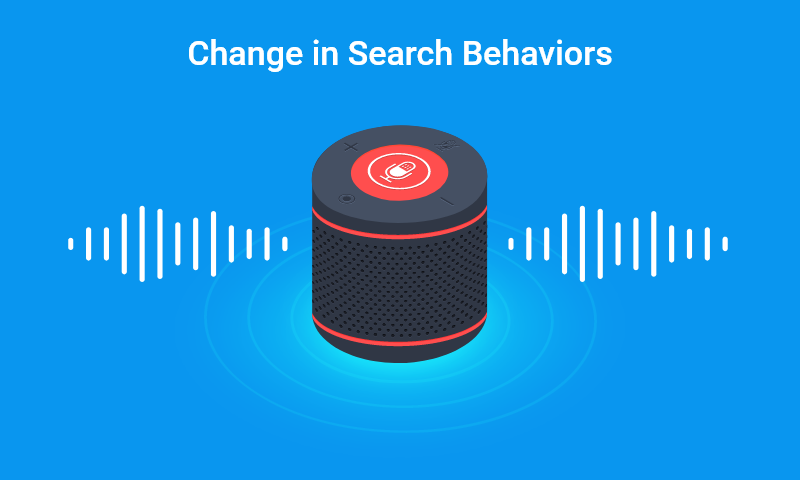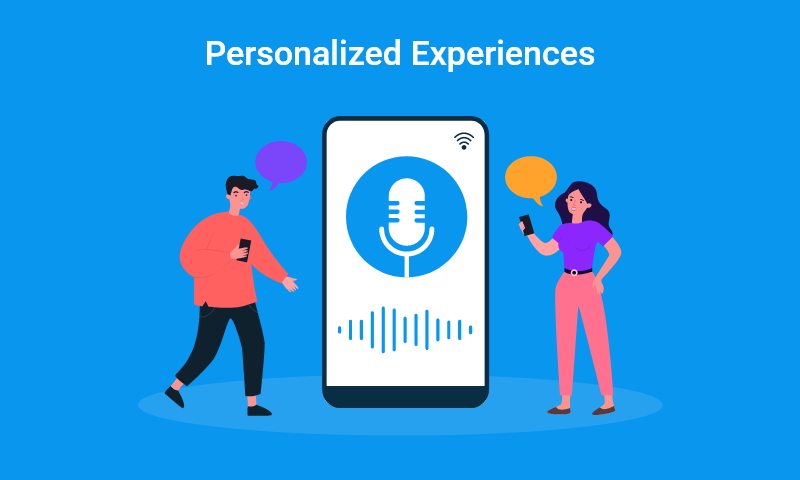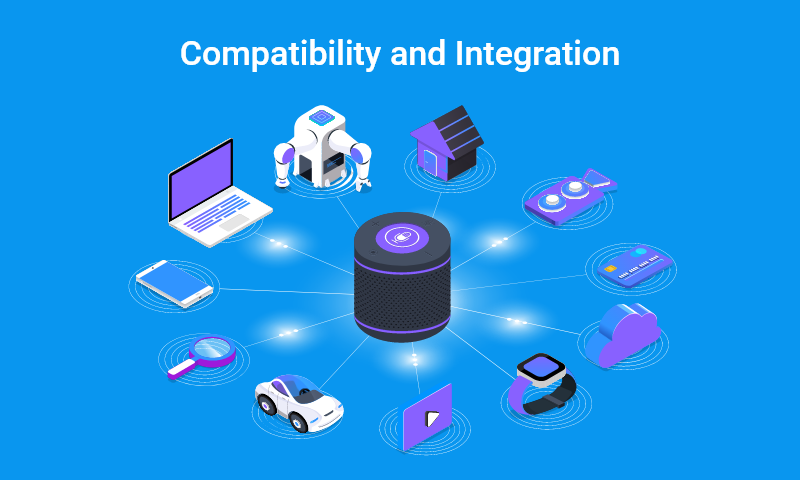
Machine learning and artificial intelligence are making huge impacts on almost every industry. The e-commerce trend, in particular, has been dramatically transformed by AI-powered voice assistants. Voice interfacing is also advancing at a fast rate in the banking and healthcare industries to keep up with the demands of modern consumers. If you are wondering how to leverage these technologies for your business, it’s time to sit down with a custom software company.
The reason for going towards AI and voice assistants
Millennial consumers are fueling the shift towards voice assistants powered by artificial intelligence. Significant AI adoption is driving the move to voice applications. Additionally, IoT devices such as thermostats, speakers, and smart appliances are making voice assistants ever more useful in the lives of everyday users. What’s more, reports indicate that the market for voice recognition technology will reach almost $11 billion USD in 2019 and that it will increase by about 17% by the year 2025.
Five key predictions in voice assistants and AI tech

1. Streamlined conversationsGoogle and Amazon recently announced that their voice assistants will stop requiring the user to say ‘wake’ words such as ‘Alexa’ or ‘Google’ to start a conversation. This new facility is making interacting with these assistants more natural for users—not to mention much more convenient. Such devices are also expected to get better at understanding contextual factors that make conversations more efficient.

2. Change in search behaviors· The market value of Voice-based shopping will reach 40 billion by 2022, according to industry projections.
· Consumer spending via voice assistants is also projected to reach 18% by the year 2022.
· Not surprisingly by 2022, voice-based ad revenues are expected to reach $19 billion.
The statistics show an unprecedented increase in voice searches on mobile devices. The primary way to gain visibility for most brands will still be organic search, but Amazon and Google will likely update their paid messaging platforms to cater to marketers, too. more natural for users—not to mention much more convenient. Such devices are also expected to get better at understanding contextual factors that make conversations more efficient.

3. Personalized experiencesDigital assistants and voice-enabled devices such as Amazon’s Alexa and Google Home to let customers engage through speech—the most natural form of communication. Perhaps this is why voice-enabled devices saw 39% increase year-over-year in online sales. Pretty soon, voice assistants will start providing even more personalized experiences as they become better at distinguishing different voices and tailoring results according to each individual user’s information.

4. Compatibility and integrationA wide range of products will likely integrate voice assistants in the near future. Samsung has already started this with its release of its Family Hub refrigerator. Google also recently rolled out a new product called Google Assistant Connect, which allows manufacturers to build custom devices integrated with this technology.

5. Focus on securitySome 41% of voice device users claim that they are concerned about confidentiality while using their devices. This is why Amazon and Google introduced a number of security measures (including speaker ID and verification) to their voice assistant technologies. New solutions are also in the pipeline to make it more secure for customers to buy things using voice.
Why adopt a mobile voice strategy?
As useful as they are, mobile phones have very limited screen spaces, making it difficult for many users to search for what they need or to navigate the web. This can be solved by voice apps, which have large product directories as well as more information, thereby enabling users to use natural language to reduce (if not eliminate) manual effort. Voice is indeed the future of mobile experience.
Voice user interface will continue to advance
Voice technology will become increasingly accessible to developers in the coming years. Amazon, for its part, offers an automatic speech recognition service called Transcribe that lets developers add speech-to-text capabilities to their apps. Google also offers Actions, which lets developers integrate voice into their own AI products.
With all these advancements in voice technology and AI, businesses need to start learning how they can best leverage these technologies to improve their interactions with their customers. Contact a Custom software Lab today to explore opportunities in this area. Our custom web development and custom software company is ready to help.
